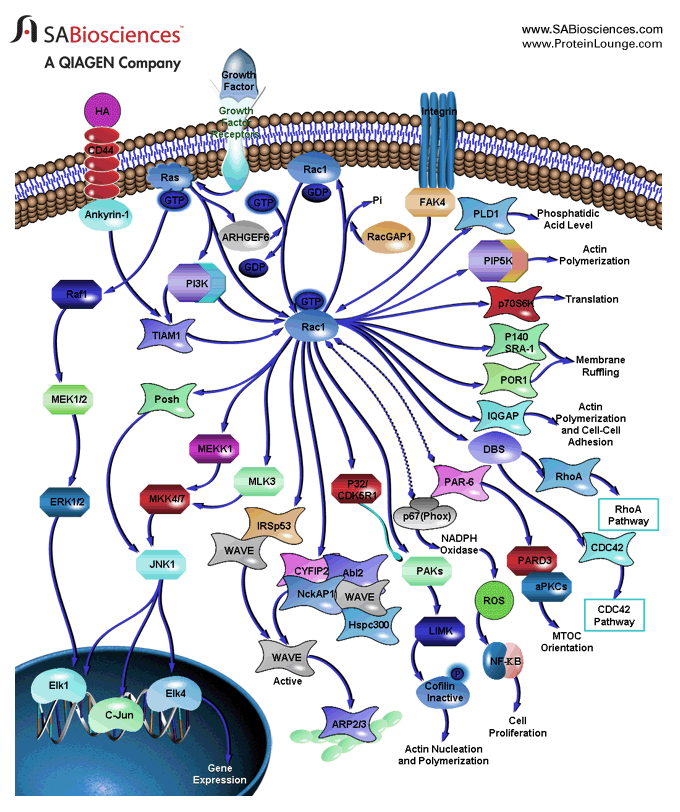
Isoformal Differences influence Protein Kinase B's/Akt's role in IL-1b and TNFa expression following isoprenoid depletion in human monocytes and mouse macrophages


Introduction
Mevalonate kinase deficiency is a multicytokine disease that stems from the reduction of isoprenoid groups necessary for the proper functioning of small GTPases. Dysregulation of Rac1 and RhoA in particular contribute to the production of proinflammatory cytokines. One protein Akt/Protein kinase B has been implicated in this pathway, however the exact involvement is not well understood and likely differentiates between cell and elicitor type. this study investigated the role of Akt on cytokine expression in stimulated and unstimulated murine macrophages (RAW 264.7 and primary peritoneal macrophages) and human monocytes (THP-1) following isoprenoid depletion by lovastatin.
METHODS
To examine this hypothesis, mRNA expression changes were quantified for four cytokines (IL-1β, TNFα, IL-10, and IL-6) the presence or absence of LPS. To evaluate the results observed in the RAW 264.7 cells, peritoneal murine macrophages were isolated from BALB/c mice and evaluated as before. Lastly, the role of Akt in this process was evaluated. Cell extracts were submitted to SDS-PAGE and Immunoblot analysis, Akt phosphorylation was probed by Group 3. To further examine Akt’s role in cytokine expression, samples were incubated with an Akt inhibitor and relative IL-1β and TNFα expression were measured via RT-PCR.
RESULTS AND DISCUSSION
In both unstimulated and stimulated RAW 264.7 cells, the addition of lovastatin increased of proinflammatory cytokine (IL-1β and TNFα) and decreased anti-inflammatory (IL-10) cytokine expression. For all cytokines, the addition of mevalonate restored expression to baseline levels. The expression of cytokines in primary peritoneal macrophages generally decreased after the addition of lovastatin (in unstimulated cells). After the Addition of LPS, expression for all four genes increased in lovastin-treated sample. Overall, this study highlighted the importance of cell type regarding regulation of cytokine expression. Isoform Specificity of Akt might explain the differential expression trends observed for TNFα and IL-1β following lovastin treatment in unstimulated human monocytes and mouse macrophages. Being able to discriminate the activation of particular cytokines depending on cell type and Akt isoform involvement may be valuable in establishing novel treatments for dysregulate cytokine expression.
